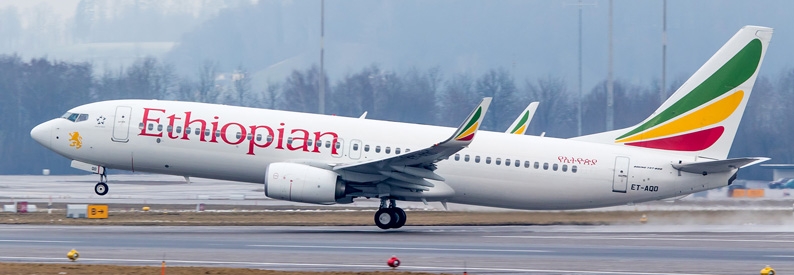The South Sudanese Parliament has given its consent to the proposed establishment of a new national carrier - South Sudan Airways.
According to Juba-based Eye Radio, SSP100 million South Sudanese pounds (USD768,000) has been allocated to fund studies into the project.
“The Ministry of Transport is directed to formulate policy and carry out a feasibility study for the establishment of the national carrier, South Sudan Airways, which will be a revenue-generating investment,” MP David Nailo said while presenting the 2019/2020 budget for its final reading on Wednesday, August 21.
Despite strong interest, South Sudan has lacked a de-facto national carrier since its cessation from Sudan in 2011 largely due to the unstable political and economic landscape brought on by an on/off civil war.
Following a tender process in 2012, AtlasGlobal (then Atlasjet Airlines) was selected as the preferred partner for a new South Sudanese carrier only to pull out of the project in early 2013. Thereafter, in 2014, Ethiopian Airlines was also linked to a 49% stake in a new South Sudanese national carrier, only for that plan to gradually lose steam as well.
As it stands, domestic connectivity is carried out by a number of privately-owned airlines that include Kush Air and Golden Wings Aviation (South Sudan) while international connectivity, the ch-aviation Commercial Aviation Operator Capacity Data module shows, is dominated by Ethiopian (32.44% or 1,794 seats/week), Kenya Airways (17.36% or 960 seats/week), Tarco Aviation (14.75% or 816 seats/week), and flydubai (9.44% or 522 seats/week).
In a related development, the South Sudanese legislature also voted in favour of allocating SSP1 billion (USD7.68 million) for the immediate purchase/lease of a private jet for President Salva Kiir.
The move, Eye Radio said, was put forward by a committee on Finance and Economic Planning on the pretext that it would safeguard South Sudanese sovereignty given the fact that since independence eight years ago, Kiir has been forced to use commercial aircraft when travelling abroad.
South Sudanese lawmakers eventually passed the budget, estimated at SSP208.16 billion (USD1.6 billion) with a deficit of SSP77 billion (USD591 million), after previously postponing it over failure to pay outstanding salaries to civil servants.
